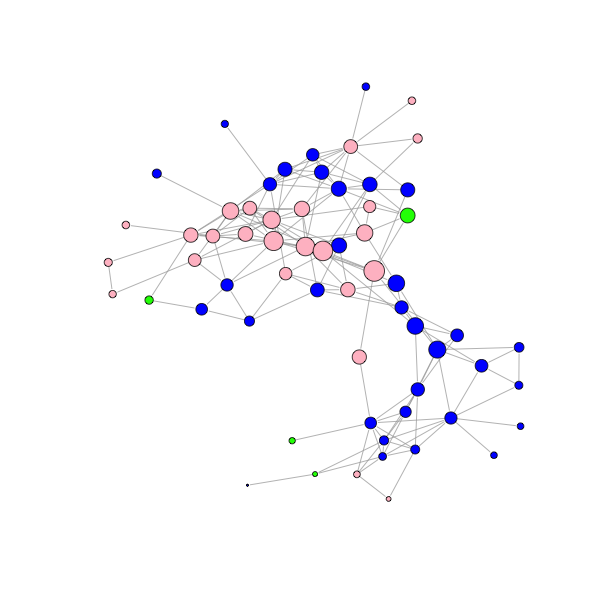 |
| Radiolab! Give them money! |
As usual, the show covered two unusual scientific studies. The first, which I won't go into, covered the interactions between a captive male dolphin and his human "roommate". It was the 60's-better not to ask.
 |
| A good reason to refrain from telling people you study dolphins |
The second story pertains to the work of Dr. Denise Herzing group which has spanned a jaw dropping of 3 decades. Dr. Herzing is engaging with wild atlantic spotted dolphins in order to try to communicate with them directly. You can see her TED talk here but basically her group has invented different whistles for different toys that the wild dolphins would not have seen before, like a scarf. The group plays with the toys and plays the whistles associated with those toys (e.g. the scarf whistle). The goal is that, eventually, the dolphins will "ask" for the toy by using the whistle that the researchers have made up for it.
It's a very interesting experiment worth talking about. The duration of the experiment by itself is amazing. Though swimming with dolphins 5 months a year is undoubtedly more rewarding that a few other well-know studies.
So, signature whistles! So exciting. These individually specific sounds have been studied since the 60's and the center of some heated debate between scientists. My favorite studies have included onew with titles such as "The fallacy of 'signature whistles' in bottlenose dolphins... " and "Facts about signature whistles in bottlenose dolphins". Burr... it's getting cold in here. Definitely check out google scholar to get the full story and decide for yourself.
So what do they really mean? Well, it's up for debate. Both Dr. Herzing's TED talk and the RadioLab simplified things a bit. If, for the moment, we accept the signature whistle hypothesis then the name functions a bit in reverse. For the most part it's a cohesion call, or a signal to keep the group together. So rather than me calling to Sam across the room, I'll be calling my own name and hoping that Sam comes over (ideally with two drinks in hand).
Bottlenose dolphins, unlike many killer whale populations do no, I repeat do no stay with their family their entire lives (ok, ok, there are a few notable exceptions). They live in a fission-fusion society. Does that mean they use nuclear power? Unlikely. What the term refers to is the formation of short and longer term groups or alliances. So, dolphin A may hang out with dolphin B for a few hours, then hang out with dolphin C for a few months then spend some quality time with group XYZ. Oh look! There goes dolphin B. So...they get around.
 |
| Dolphin social network where blue dots are males and pink are females. Size of the dot represents "closeness" or degree of interactions. Note that dots near the edges are smaller and therefore less "social" than those near the center. |
This is relevant because it has to do with what they might we expect they might have to "say" to each other and how complex their language might be. If we want to draw a parallel to human societies, imagine going to a party where you knew some of the people. Your conversations would probably be more in depth with the people you were already friends with than the people you just casually met. Long, stable associations allow for complex communication to evolve.
This can be seen with the fish eating whales in the pacific northwest. Because they stay with the same group for the majority of their lives, complex communication even dialects (think accents) have evolved. Trained listeners can even tell which pod is coming just by listening to them.
But I digress.
In summary, it it likely that we will ever be able to point to an object and have a dolphin give it to us? Of course, captive ones do it for fish all the time. Will we ever be able to ask a dolphin directions? Probably not.
No comments:
Post a Comment
Comment forum rules.
1. Be accurate
2. Cite your sources
3. Be nice
Comments failing to meet these criteria will be removed